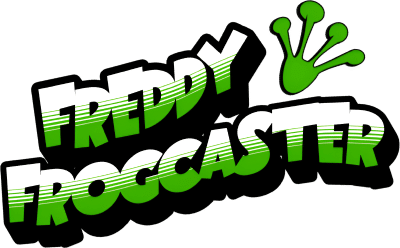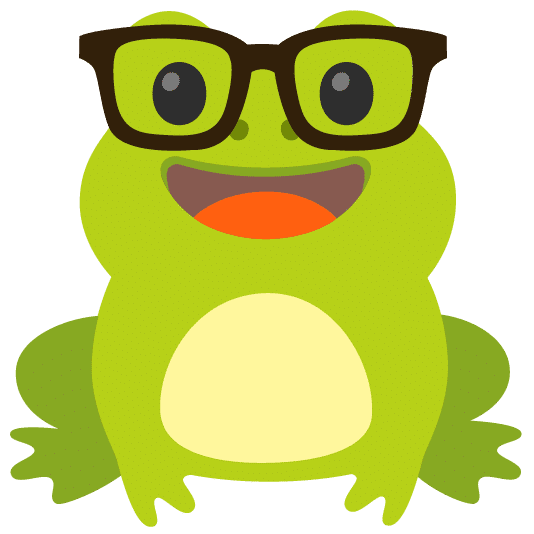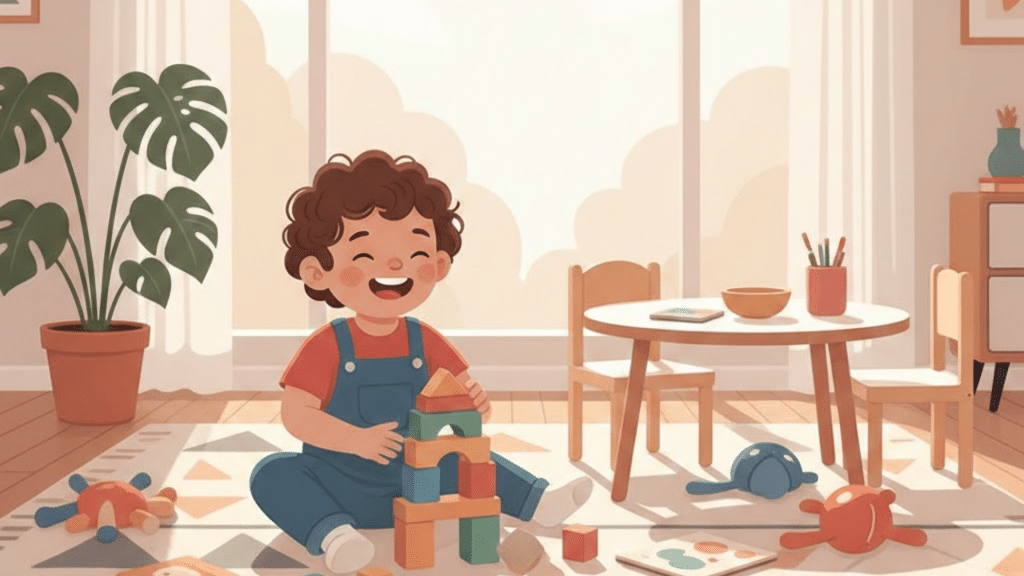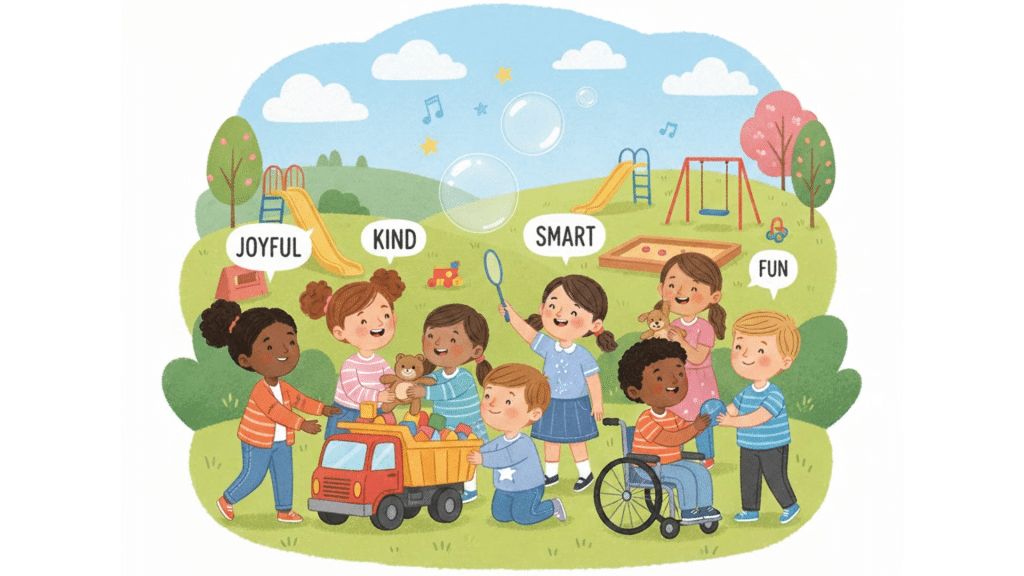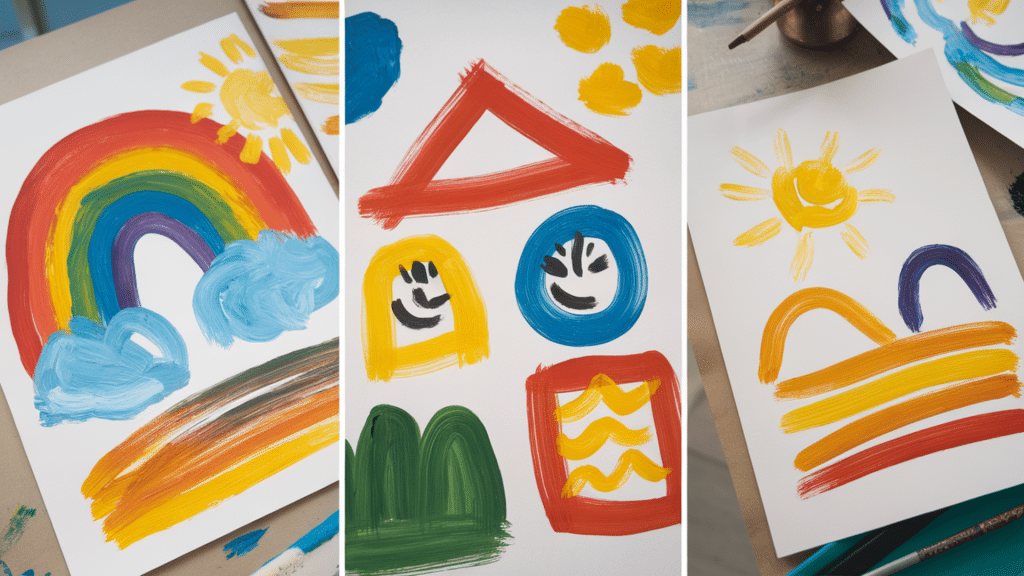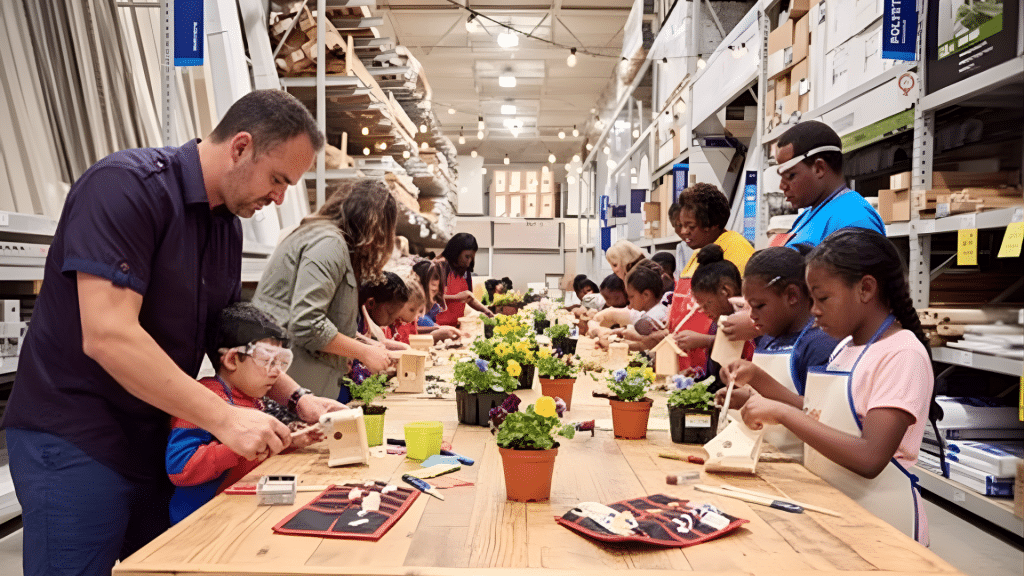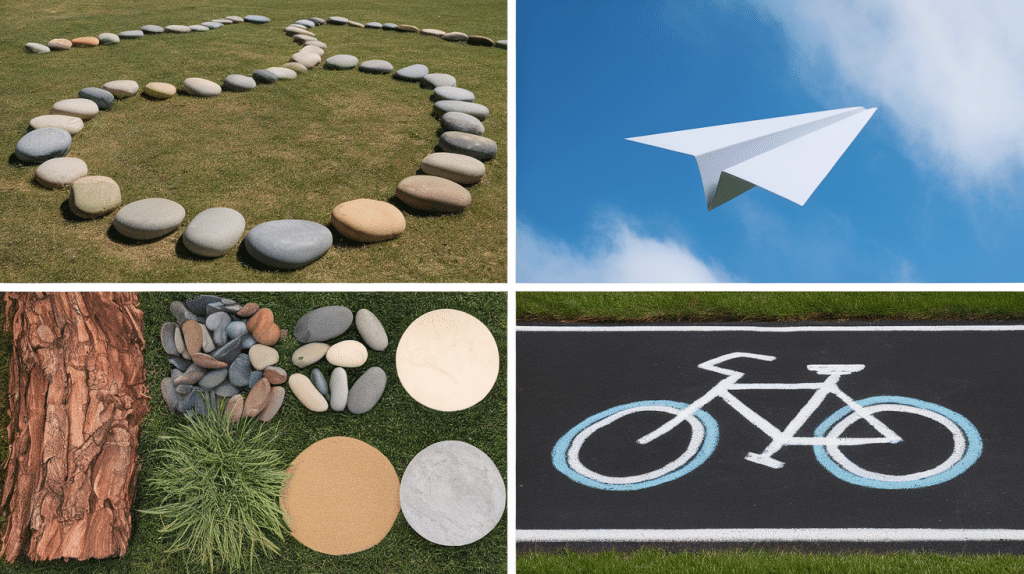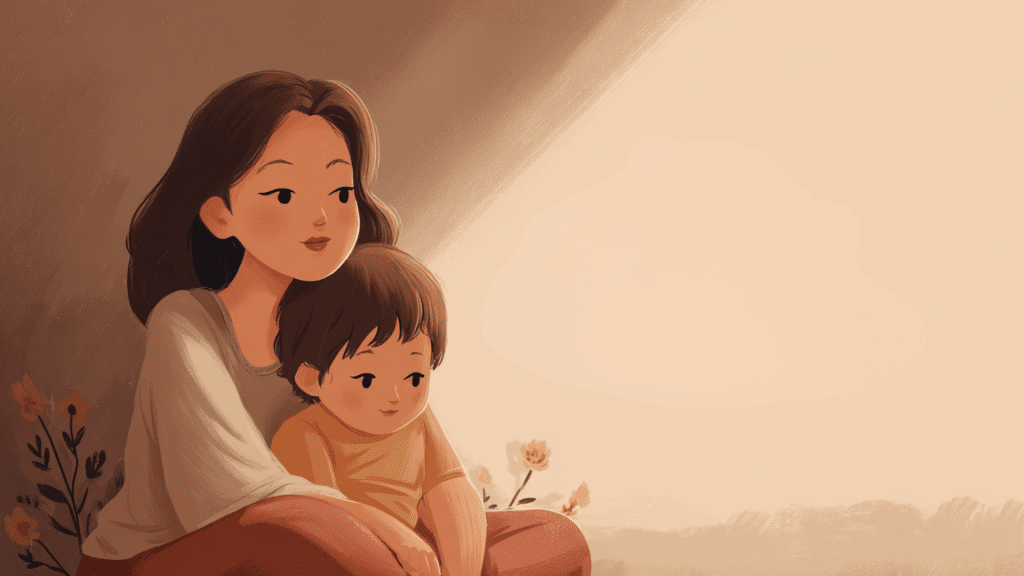Watching your toddler learn to speak is one of the most exciting parts of early childhood. Parents often wonder, “When do toddlers start talking?” And how to know if their child is on track.
While some little ones surprise you with clear words before their first birthday, others take more time and may prefer gestures or sounds first.
What matters most is noticing steady progress, not hitting one exact date. Understanding the patterns of speech growth can help ease worries and give you confidence in what’s ahead.
Before getting into the typical timeline, let’s look at why children develop language at different speeds.
Every Child Follows Their Own Pace
Not all toddlers start talking at the same age, and that’s perfectly normal. Parents often wonder at what age kids start talking, but there’s a wide normal variation in speech development. One child might start around their first birthday, while another may wait until closer to age two.
Speech development depends on many small factors in a child’s life. A few of the most common include:
- How often they hear talking, reading, and singing at home.
- If they have older siblings who might speak for them.
- Living in a bilingual or multilingual household, where language skills can take shape differently.
- Personality differences, some kids are natural talkers, while others are observers first.
The important thing is progress, not exact timing. As long as your toddler is trying new sounds, using gestures, and understanding more words over time, they’re usually on track.
With that in mind, here’s a look at the timeline most toddlers follow.
When Do Toddlers Start Talking: Typical Timeline
Speech grows in stages, and each stage gives parents new milestones to watch for. If you’re wondering when a toddler should start talking, here’s what most toddlers do as they move from sounds to full sentences:
1. First Words (Around 12 Months)
By their first birthday, many toddlers can say simple words like “mama” or “dada.” They may also try to copy sounds you make or use gestures to get your attention. Even if their words aren’t clear, the effort shows that speech is beginning.
2. Growing Vocabulary (15–18 Months)
Between 15 and 18 months, toddlers usually add more words to their vocabulary. Many can name familiar objects, use about 10–15 words, and begin to follow simple directions. Some may even attempt animal sounds or short phrases.
3. Word Combinations (18–24 Months)
During this stage, vocabulary grows quickly. By age two, toddlers often know 50 or more words. They begin putting two words together, like “more milk” or “go outside.” This marks the start of real conversations.
4. Sentences and Language Explosion (2+ Years)
After their second birthday, many children experience a “language explosion.” Sentences get longer, and toddlers can combine three or more words. They start asking questions, telling small stories, and sharing their thoughts more clearly.
Why the Range is So Wide
Not every toddler follows the same path when learning to talk. Here are some of the many reasons why speech milestones can show a wide normal variation:
- Temperament and personality: Some children are natural talkers, while others are more cautious and prefer observing first.
- Environment and siblings: Kids who hear more conversation, reading, and songs often speak earlier, while those with older siblings may let others do the talking.
- Bilingual households: Learning two or more languages at once can affect when words appear, but it often leads to strong skills later.
- Genetics and family patterns: Language timing sometimes runs in families.
These differences explain why speech progress can look so unique from child to child.
Signs of Healthy Language Development

Even if your toddler isn’t talking much yet, there are early signs that show speech is on the right path. Here’s what to look for and how you can help if progress feels slow:
1. Listening and Responding
A healthy sign is when your child reacts to their name or familiar voices. If this isn’t happening, try using their name often in play, keep background noise low, and make eye contact when speaking.
Reading short books and asking simple questions during story time can also encourage better listening.
2. Gestures and Babbling Before Words
Babbling and gestures like pointing or waving come before clear words. If your toddler isn’t doing this yet, model the behavior. Wave “bye-bye,” clap, or point to objects while naming them. Encourage babbling by repeating their sounds back to them, turning it into a game of back-and-forth.
3. Understanding Commands
Toddlers often show understanding by following simple directions like “bring the toy” or “sit down.” If this isn’t happening, start with one-step commands and use clear, slow words paired with gestures.
Celebrate when they respond correctly, even if it takes a few tries. Consistency and praise help reinforce understanding.
When to Be Concerned
Most toddlers develop speech at their own pace, but there are times when delays may need extra attention. Here are some signs to look out for:
Checklist Of Red Flags by Age
- By 12 months: No babbling, pointing, or gestures.
- By 18 months: No single words or trouble understanding simple requests.
- By 24 months: Fewer than 50 words, no two-word phrases, or loss of skills they once had.
- Any age: No response to sounds or name being called.
“Wait and Watch” vs. “Seek Evaluation”
Some children talk later and then catch up quickly, especially if they’re focused on motor skills or live in bilingual homes. This can be a “wait and watch” case.
But if your toddler isn’t showing progress for several months or loses skills, it’s better to “seek evaluation.”
Pediatricians vs. Speech Therapists
Start by discussing concerns with your pediatrician, who may check hearing and overall development. If needed, they can refer you to a speech therapist for a full evaluation. Early support can make a big difference.
How to Encourage Your Toddler to Talk

Simple daily habits can give your toddler more chances to practice speech. Here are a few easy ways to help:
- Daily conversation habits: Talk during meals, dressing, or errands. Use short phrases and pause so your child can respond.
- Reading strategies: Read simple books, point to pictures, and let your toddler repeat words or turn the pages.
- Fun games and songs: Use rhymes, songs with actions, or games like peek-a-boo to connect words with movement.
- Toys, role play, and routines: Name toys, act out pretend play, and use phrases like “wash hands” or “brush teeth” during daily tasks.
These small, consistent steps make learning a language feel natural and fun. Over time, they build the foundation for clearer words and longer sentences.
Wrapping Up
Language growth in toddlers is a process that takes time, patience, and encouragement. While there’s a wide normal variation in speech milestones, what matters most is steady progress and a supportive environment.
If you’ve been wondering when your kid will start talking, the answer is that every child follows a slightly different path. Focusing on daily conversation, play, and consistent routines can make a big difference in how quickly words turn into sentences.
If you’re worried about your child’s progress, the best step is to talk with your pediatrician for guidance and reassurance.
